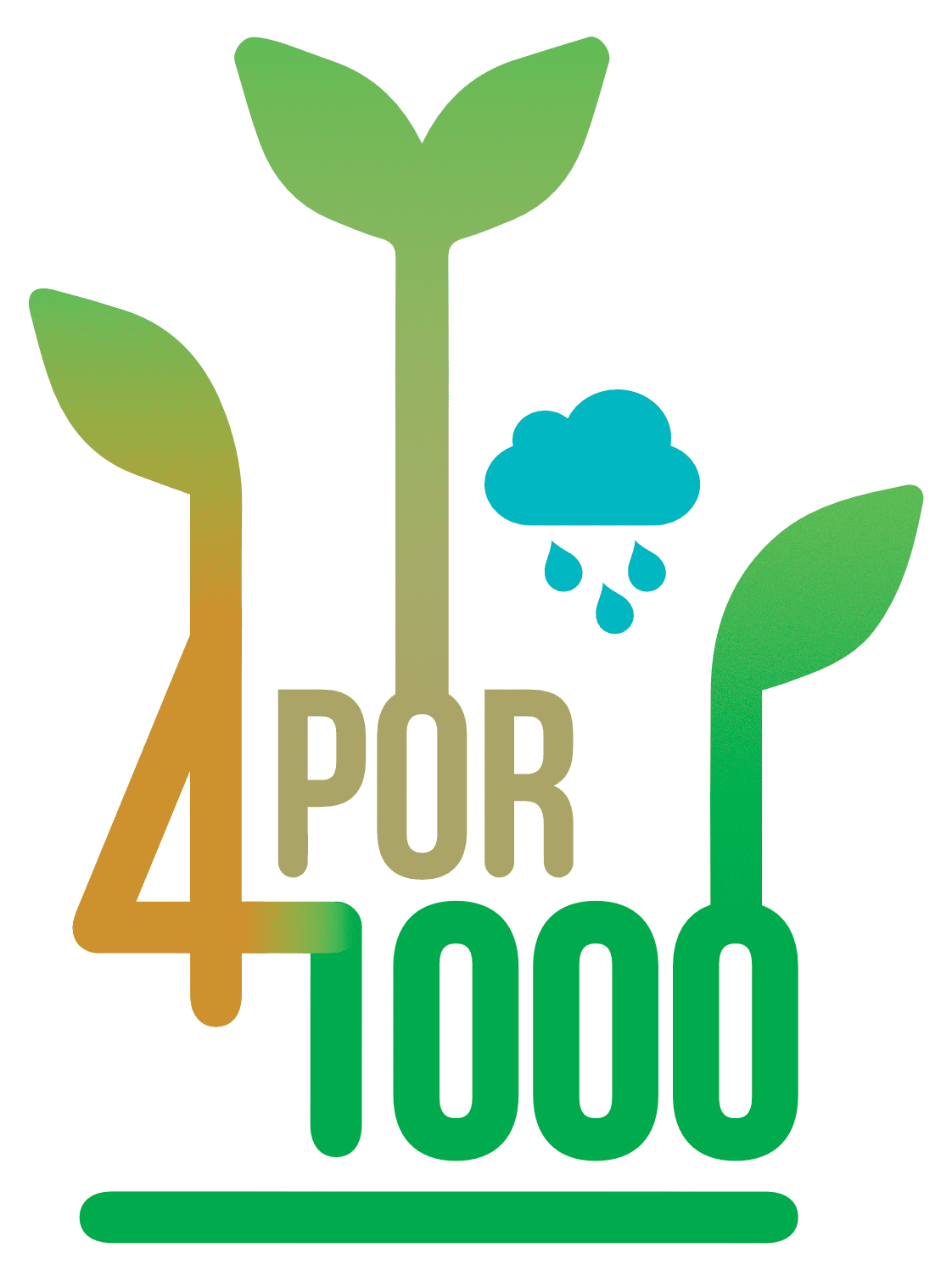Los recursos de la Iniciativa
En esta sección encontrará los recursos (diversos documentos, informes, videos, etc.) publicados por la Iniciativa «4 por 1000» y sus Socios.
Sort By
- Title
Criterios de referencia e Indicadores para la evaluación de proyectos (versión 2021)
El Comité Científico y Técnico de la Iniciativa Internacional "4 por 1000" actualizado los Criterios de referencia ...
«Current NPP cannot predict future soil organic carbon sequestration potential. Comment on «Photosynthetic limits on carbon sequestration in croplands» ” – 2022 – Budiman Minasny, Dominique Arrouays, Rémi Cardinael, Abad Chabbi, Mark Farrell & Al
Budiman Minasny, Dominique Arrouays, Rémi Cardinael, Abad Chabbi, Mark Farrell, Beverley Henry, Lydie-Stella ...
«Danone confirme son engagement pour le climat avec la reconnaissance de l’initiative Science-Based Targets et met l’accent sur l’agriculture régénératrice» – 2017 – Edubourse
Les objectifs de réduction des émissions de Danone ont été officiellement approuvés par l'initiative Science-Based Targets.
Video: «Can Farmers Be Climate Champions?» – 2019 – David McMillan
If you eat food, listen up! David McMillan, chef at “Joe Beef - Liverpool House”, wants to talk to you about regenerative agriculture. It's one of the least known yet most promising solutions to climate change. Video directed by Jean-Marc Abela and produced by Equiterre et Regeneration Canada - December, 2019
Declaración de intenciones para estar socio/miembro de la Iniciativa
«Dossiers spéciaux : les sols» – Emission «L’Esprit Sorcier» – 2018
«Drawdown’s “System of Solutions” Helps to Achieve the SDGs» – 2020 – C.J.Frischmann, M.Mehra, R.Allard, K.Bayuk, J.P.Gouveia, M.R.Gorman
This entry describes the linkages between “Drawdown solutions” and the targets and goals set out by the United Nations Sustainable Development Goals (SDGs). It is proposed that the implementation of these solutions can substantially help to achieve the SDGs by 2030, with even greater gains when implementing actions in parallel as a “system of solutions” enabled by broad-based, effective partnerships at local, regional, and international scales.
«Drivers of long-term carbon dynamics in cropland: a bio-political history (France 1852-2014)» – 2019 – J.Le Noë, G.Billen, B.Mary & J.Garnier
Julia Le Noë, Gilles Billen, Bruno Mary, Josette Garnier.
Following the COP 21, it has been widely recognized that agricultural soils may contribute toward mitigating or enhancing climate change depending on their behavior as a sink or a source of carbon (C) to the atmosphere.
«Droits fonciers et séquestration du carbone dans les sols» – Restitution des débats de la conférence organisée par l’initiative ‘4 pour 1000’ et le CTFD – 2017
Avec l’appui de l’AFD et de la Banque Mondiale, l’Initiative "4 pour 1000" et le Comité Technique Foncier & Développement (CTFD) de la Coopération Française ont organisé les 13 et 14 Décembre 2017 une conférence de haut niveau visant à clarifier le nexus entre les questions foncières et la séquestration du carbone dans les sols.
Retrouvez ici la restitution des débats et la note de synthèse finale.
«Du bœuf carboneutre, c’est possible ? Est-il possible de manger du bœuf sans se sentir coupable ?» – 2019 – Radio Canada et Régénération International
Radio Canada et Regeneration International - 20 décembre 2019
«Dynamic Stability of Soil Carbon: Reassessing the “Permanence” of Soil Carbon Sequestration» – 2020 – Katherine A.Dynarski, Deborah A.Bossio & Kate M.Scow
Katherine A. Dynarski, Deborah A. Bossio and Kate M. Scow in Frontiers in environmental science - November 2020
«Opportunities for soil sustainability in Europe» – 2018 – EASAC
In this report, launched on 26 September 2018, the European Academies’ Science Advisory Council (EASAC), which represents the national science academies of the EU, Norway, and Switzerland, says its latest synthesis reveals that policy-makers need to grasp opportunities to safeguard Europe’s soils and ensure their sustainability. Back in 2014, insufficient support among Member States obliged the European Commission to withdraw proposals for a Soils Directive and Europe still lacks appropriate benchmarks for soils’ sustainability and needs to improve compatibility between different national monitoring systems. In recent comments, Elisabeth Köstinger from the Austrian Presidency of the EU discussed the importance of protecting soils; however, concerted action from Member States remains to be seen.
